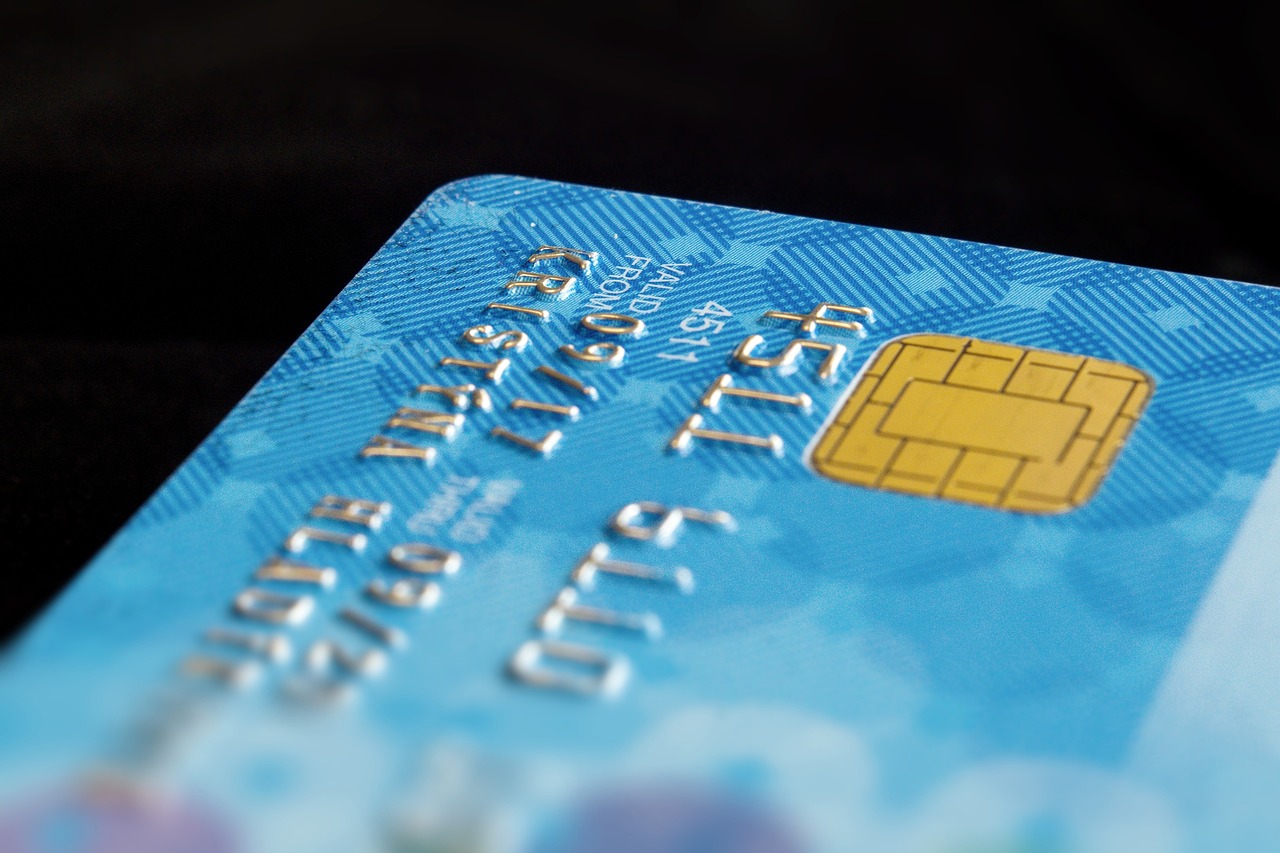Is Credit Repair Legal?

Are you suffering because of a bad credit score?
Finding a way to repair your credit and bounce back?
Many people choose credit repair companies, but some are skeptical about these organizations. One primary reason is the thought: is credit repair legal?
This question might pop into your mind if you’re going through a similar situation. It’s a fair question.
The answer is yes, it’s legal. However, the credit services industry is huge. You’ll find hundreds or even more credit repair agencies in your city offering such services.
Choosing the right credit repair assistance can be difficult. How can you find a suitable company to help you improve your creditworthiness?
By knowing the consumer protections you have when working with any credit repair company. We discuss the two more important ones below. You should also know the basics of credit reports and some fundamental signs to look out for. But is that enough?
No. Not at all.
In this comprehensive guide, we’ll walk you through whether credit repair is legal and much more.
So, let’s dive in.
What is Credit Repair?
Credit repair is the process of improving an individual’s creditworthiness by addressing and resolving issues that negatively impact their credit score.
A credit score serves as a numerical snapshot of a person’s credit health. It influences their ability to secure loans, credit cards, and favorable interest rates. But why do people even seek credit repair services?
It’s when their credit score is adversely affected. It can happen due to poor payment history, errors in credit reports, or financial setbacks. According to statistics, one out of four adults in the United States has a credit score below 600, considered “poor.”
But why should you make efforts to achieve a high credit score?
It’s crucial because it can lead to financial security, lower interest rates on loans, and an increased chance of loan approval.
But how do you know it’s the right time for credit repair?
Here are three common scenarios where you must consider credit repair.
Suppose you’ve made many late payments or forgot to pay bills on time. Your credit score can decline. In this case, you need “credit repair.”
Moreover, resolving inaccuracies or discrepancies on credit reports is crucial. Not only this, it helps in recovering from financial setbacks. It can be bankruptcy or poor spending habits, which make credit repair extremely challenging.
The Legal Framework: Credit Repair Organizations Act (CROA)

The Credit Repair Organizations Act (CROA) is a legal instrument designed to regulate and oversee the operations of credit repair companies. But what’s the significance?
It’s to ensure consumer protection and fair practices within the industry. It was enacted in 1996. CROA was a response to the growing need for standardized guidelines. But is it useful for consumers?
Yes. It’s extremely helpful. It has a set of rules and requirements that every credit institution must follow.
Firstly, companies must make a written contract. It is a must-apply rule made by CROA. The contract should outline the terms and conditions of the services offered. But is that all?
No. Credit repair organizations must furnish consumers with a disclosure statement that mentions all the rights related to consumer credit files in detail.
But what if you want to cancel the contract?
CROA grants consumers the full right to cancel their contract within three days of signing. The best part is there are no incurring charges. But there can be exploitation as well. Credit repair companies are not allowed to receive or request upfront payment to save customers from this until the agreed-upon services are entirely performed.
Many companies claim to transform your credit score entirely within 7 days. But is this true, or just a scam?
CROA prohibits credit repair companies from making false claims about their services.
These companies should comply with state bonding requirements and registration. This information is usually found on your Secretary of State or Attorneys General websites.
If you’re busy or lack financial knowledge, credit repair organizations can communicate with creditors and credit bureaus to challenge inaccuracies on behalf of their clients.
This is the answer to the question: Are credit repair companies legal?
Yes, as long as they follow these rules and aren’t involved in any illegal activity.
The Legal Framework: Telemarketing Sales Rule (TSR)

The Telemarketing Sales Rule (TSR) is a set of regulations implemented by the Federal Trade Commission (FTC) in the United States to protect consumers from deceptive telemarketing practices.
The TSR requires telemarketers to disclose certain information about its services and prices before a customer can enter into an agreement.
This includes the total cost of the services, whether there are any cancellation fees, and other details related to the service.
The TSR also requires telemarketers to properly disclose the truthfulness of any claims they make about their services.
This means that companies cannot make false or deceptive statements about their ability to repair credit or remove negative information from customers’ credit reports.
It is illegal for a company to guarantee results, and if a customer feels misled, they have the right to dispute the charge with their credit card company.
Additionally, as it relates to credit repair, the rule states that no payment can be requested or received for services represented as helping to remove derogatory information from a consumer’s credit history, credit record, or credit rating until six months after the services are completed and the client is provided with proof from a new credit report.
Signs of a Legitimate Credit Repair Company
Now that you know about the Credit Repair Organizations Act and Telemarketing Sales Rule, you should have a clear answer to whether credit repair is legal. But how can you tell if a credit repair firm is legitimate?
Finding the right one can be difficult. Every credit repair legal company does these, so you should look for these features:
- Clearly outlines credit repair steps and manages client expectations.
- Holds certifications from reputable organizations like NACSO. Accredited by BBB or similar bodies.
- Follows regulations outlined in the Credit Repair Organizations Act.
- Follows regulations outlined in the Telemarketing Sales Rule.
- Clearly defines fees and payment structures. Discloses potential additional costs.
- Maintains a positive online reputation. Features testimonials from satisfied clients.
Red Flags: How to Spot Credit Repair Scams
There are many credit repair company scams. How can you spot one?
Look for shady activities, credit reporting errors, or companies that oppose what CROA has stated. If you notice one, it’s probably a scam.
- Upfront fees (account set-up, consultation, first work, etc.)
- Quick fix guarantees
- Lack of transparency
These companies take advantage of people’s problems. They make false credit repair claims in ads, apply illegal practices, and manage your credit report without improvement in credit ratings.
If you notice any of these, it’s best to cease communication with them immediately. Keep records of all interactions, contracts, and promises made. Report the scam to the Federal Trade Commission (FTC) and relevant state authorities.
The Reality: Does Credit Repair Actually Work?
Credit repair companies have often helped people increase their credit scores. According to statistics, around 88% of people who get credit repair services state that they are highly effective.
It can help remove inaccuracies, late payments, or other negative entries from credit reports. In short, it can boost your credit score. However, there’s no guarantee that if it’s working for someone, it’ll also work for you.
Credit repair may be less effective for people with complex financial challenges or extensive delinquencies. If your financial habits aren’t improved, you might not see progress.
DIY Credit Repair: What You Can Do Yourself
Many individuals prefer to do everything themselves. If you’re one of them and want to repair your credit yourself, here are some quick tips.
- Obtain free annual credit reports from major bureaus (Equifax, Experian, TransUnion). Scrutinize reports for inaccuracies, late payments, or other negative items. Check your actual credit score.
- Submit disputes for any inaccuracies found on credit reports. Add documents as well.
- Consider opening a secured credit card to build a positive credit history.
- Develop a debt management plan.
It’s a cost-effective way to resolve your problem, and it also helps you gain a better understanding of credit management.
Just as you learned with your job, you can learn how to do your own credit repair.
As you’re working to repair your credit, you’ll be learning how to grow and manage your credit correctly for the future as well.
We have formulated a perfect comprehensive book, “Credit Secrets Book,” so you can learn more about financial security.
FACT: No one cares about your creditworthiness more than YOU!
Navigating the World of Credit Repair
In a nutshell, the answer to credit repair lies in financial literacy. Take control of your financial well-being by researching reputable services, understanding your rights, and being vigilant for potential scams.
Remember, knowledge is your most powerful tool in this journey towards better credit health.
The Credit Repair Organizations Act and Telemarketing Sales Rule have provided consumers with protections, but you should know how to utilize them. For further guidance and resources, consider consulting with our credit counseling services and legal professionals.








